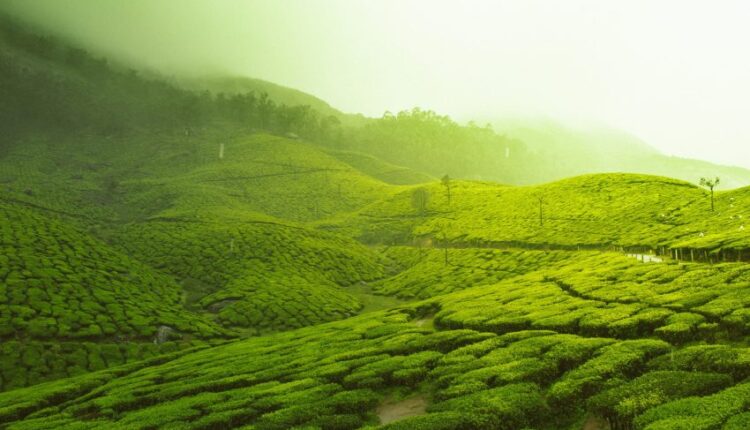How Are Indigenous Coffee Farmers Helping Soil Health In India?
In the Araku region of India, researchers, an NGO, and indigenous farmer organizations are working to produce coffee and restore soils. Coffee cultivation has been an economic driver for indigenous communities in the hilly region of the Eastern Ghats of Andhra Pradesh. Dr. Pushpajeet L Choudhari, a soil scientist at the International Crops Research Institute for the Semi-Arid Tropics, is a principal investigator of a partnership between ICRISAT and Indian NGO Naandi Foundation.
The adoption of regenerative practices and agri-inputs has led to higher cupping scores, higher quality and taste profiles of roasted coffee, and lifted entire communities out of poverty. The researchers are studying the impact of long-term usage of regenerative soil nutrients and amendments by continuously monitoring soil health and their impact on yield. They supervised the collection, testing, and analysis of 12,000 soil and compost samples from Araku, developed a soil and plant sampling handbook in both English and Telugu, and developed a soil and plant sampling handbook in both English and Telugu.
David Hogg, chief regenerative agriculture advisor for the Naandi Foundation, explains that proliferating soil microbiota protects crops from harmful pathogens like aflatoxins, rusts, and fusarium. Prioritizing soil and crop quality and farmer equity at each step of the agricultural value chain is the essence of ‘Arakunomics’ and a climate change solution for transforming arable landscapes into carbon productive ecosystems.
Thamarbha Chittibabu, a farmer in the Araku region and current president of the Small and Marginal Tribal Farmers Mutually Aided Cooperative Society, believes that this model can be replicated across the country and help gradually change the mindset of farmers and consumers towards a more ecologically and economically conscious form of agriculture. The presence of a dedicated body like SAMTFMACS provides farmers with a platform to approach and discuss their needs and requirements on a regular basis.
Asif Ishtiaque, an assistant professor at Missouri State University, has been looking at farms in South Asia to determine why agricultural practices aimed at reducing carbon emissions have not been adopted. He notes that most climate-smart agriculture practices and technologies have not been widely adopted, and large-scale interventions may not be possible if studies are conducted on a case-by-case basis.
Read More @ Forbes
Source: Coffee Talk



